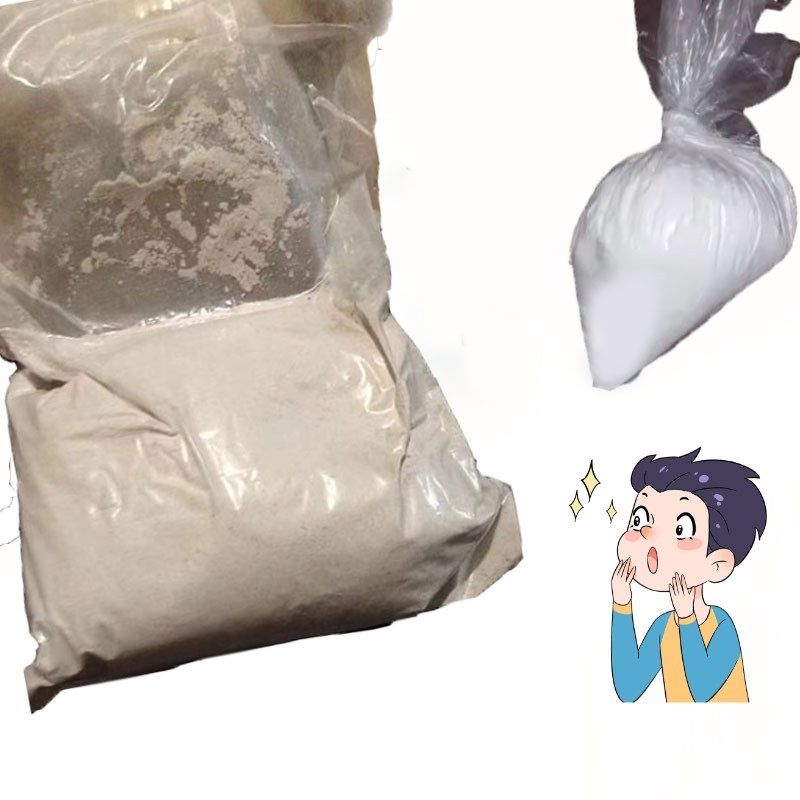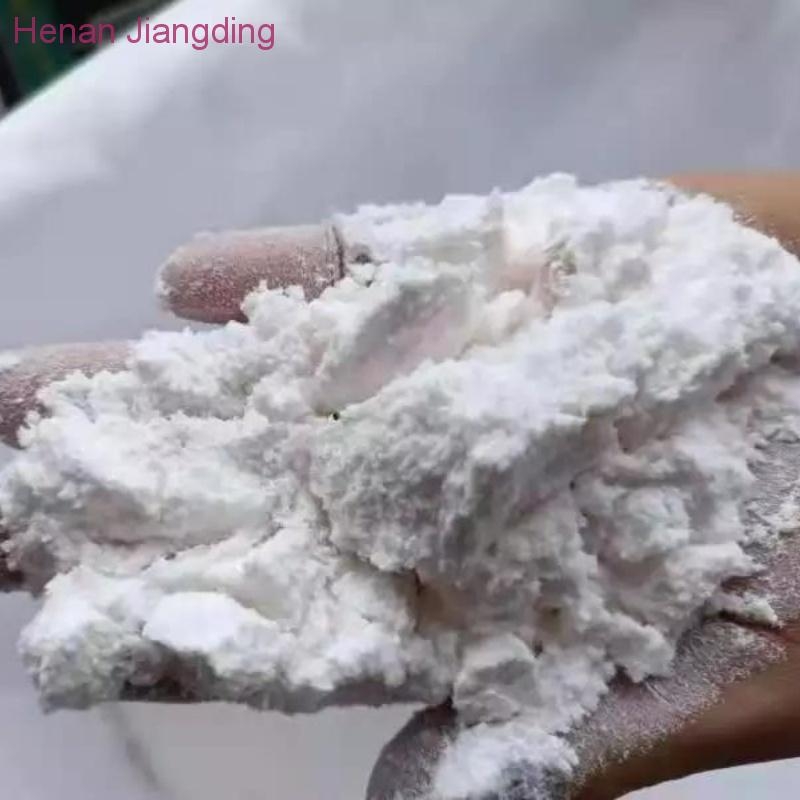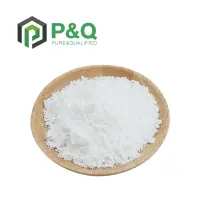-
Categories
-
Pharmaceutical Intermediates
-
Active Pharmaceutical Ingredients
-
Food Additives
- Industrial Coatings
- Agrochemicals
- Dyes and Pigments
- Surfactant
- Flavors and Fragrances
- Chemical Reagents
- Catalyst and Auxiliary
- Natural Products
- Inorganic Chemistry
-
Organic Chemistry
-
Biochemical Engineering
- Analytical Chemistry
- Cosmetic Ingredient
-
Pharmaceutical Intermediates
Promotion
ECHEMI Mall
Wholesale
Weekly Price
Exhibition
News
-
Trade Service
Mesenchymal stem cells (MSCs), also known as mesenchymal stromal cells, are pluripotent cells that can be isolated from tissues of different mesodermal origin, including bone marrow
.
Since Friedenstein first identified MSCs, MSCs have attracted the interest of neurologists because of their ability to migrate to the central nervous system to obtain neuronal phenotypes
Mesenchymal stem cells (MSCs), also known as mesenchymal stromal cells, are pluripotent cells that can be isolated from tissues of different mesodermal origin, including bone marrow
On the basis of these premises, some small clinical trials have been carried out to treat multiple sclerosis by intravenous or intrathecal delivery of bone marrow-derived autologous bone marrow mesenchymal stem cells to prove the safety of this operation
MESEMS is a two-phase proof-of-concept, multi-center, randomized, double-blind, placebo-controlled trial with a crossover design
.
.
A 2-phase proof-of-concept, multi-center, randomized, double-blind, placebo-controlled trial with a crossover designA 2-phase proof-of-concept, multicenter, randomized, double-blind, placebo-controlled trial with a crossover design
The study was conducted at 15 locations in 9 countries
.
Patients with active relapsing-remitting or progressive multiple sclerosis aged 18-50 years, if their disease course since the onset of multiple sclerosis is 2-15 years, the extended disability status scale score is 2.
The study was conducted at 15 locations in 9 countries
- From July 16, 2012 to July 31, 2019, 144 patients were randomly divided into two groups, receiving early intravenous infusion of autologous bone marrow mesenchymal stem cells (n=69) and placebo (n=75).
. - MSC treatment did not reach the primary efficacy endpoint of the total number of gels accumulated from baseline to 24 weeks (ratio ratio [RR] 0.
94, 95% CI 0.
58-1.
50; p=0.
78)
. - A total of 213 adverse events were recorded, with similar distribution among the groups (in the 69 patients who received MSCs for the first time, 93 cases were recorded in 35 cases (51%), and among the 75 patients who received placebo for the first time, there were 42 cases recorded to 120 cases (56%))
. - The most common adverse events reported were infections and infections.
A total of 54 (25%) of 213 adverse events (18 cases of 93 cases in the early MSC group [19%], 36 cases of 120 cases in the delayed MSC group [30%] )
. - Among the 7 patients treated with placebo, 9 serious adverse events were reported, but none were reported in the MSC group
.
All serious adverse events were considered unrelated to the treatment infusion
Bone marrow-derived MSC therapy is safe and well tolerated, but has no effect on GELs at week 24 in patients with active multiple sclerosis.
GELs are MRI surrogate markers of acute inflammation
.
Therefore, this study does not support the use of bone marrow mesenchymal stem cells to treat active multiple sclerosis
.
Further research should address the influence of mesenchymal stem cells on the related parameters of tissue repair
.
Bone marrow-derived MSC therapy is safe and well tolerated, but has no effect on GELs at week 24 in patients with active multiple sclerosis.
GELs are MRI surrogate markers of acute inflammation
.
Therefore, this study does not support the use of bone marrow mesenchymal stem cells to treat active multiple sclerosis
.
Further research should address the influence of mesenchymal stem cells on the related parameters of tissue repair
.
Leave a message here







